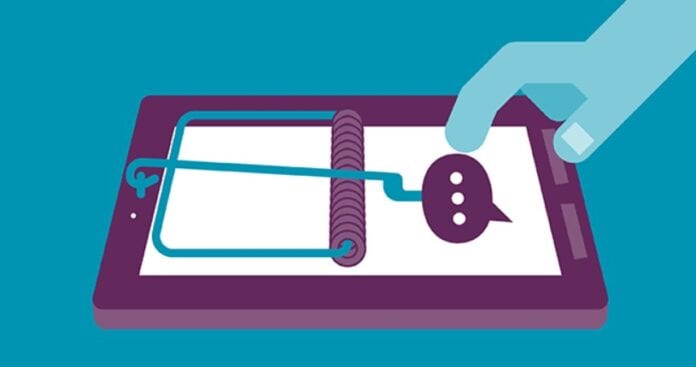BANK of Ireland has issued a warning to the public advising extra caution around fraudulent text messages in circulation this week. There has been a spike in ‘smishing’, where fraudsters send fake text messages, which appear to come from Bank of Ireland, and direct customers to fake websites imitating Bank of Ireland websites.
Since last month, the number of new ‘phishing’ websites detected by Bank of Ireland’s Fraud Prevention team has doubled, with an unprecedented increase in activity in the last week and up to 20 new fraudulent sites appearing per day.
The advice in response to the current activity:
Do not click on links or to respond to SMS text messages, which are designed to appear as if sent by the bank and look like originating from a genuine phone number.
Bank of Ireland will never send you a text with a link to a website that asks you for your online banking login details or any one-time codes that we’ve sent to you.
If you get a suspicious text please email a screenshot of the text to [email protected] and then delete the text.
If you think you may have given away any of your banking details please call our 24/7 Freephone line 1800 946 764 immediately.
Edel McDermott, Head of Group Fraud, Bank of Ireland said: “We are seeing an alarming increase in the level of fraudulent activity this year. May and June are showing a worrying upward trend in activity. To put this in context, versus the same time last year, we have seen an almost three-fold increase in the number of customers being targeted by fraudsters. The potential financial impact is even more stark, with fraudsters attempting to defraud close to five times more money than in the same period in 2020. Our teams are working hard to respond to these spikes and intercept fraud attempts but unfortunately, if customers click on links and provide personal banking details, recovery is not always possible”.
Bank of Ireland reiterates these messages should never be responded to;
- A text or email with a link directly to the login page of our online banking channels to confirm banking details or ask you to update their banking details
- Ask you to click a link in an email with an urgent warning about suspicious activity on your account
- Ask you to transfer money out of your account to protect you from fraud
- Ask you to tell us any ‘one-time password’ or code that you have received from us by text







